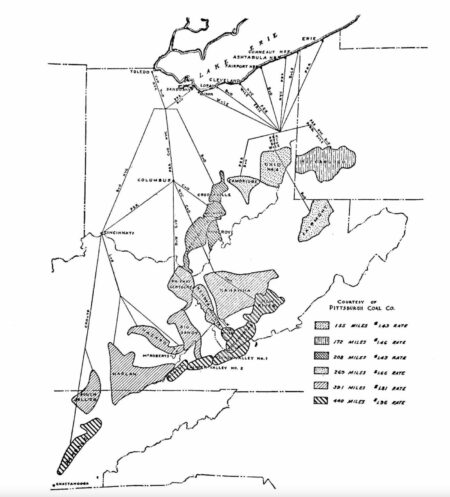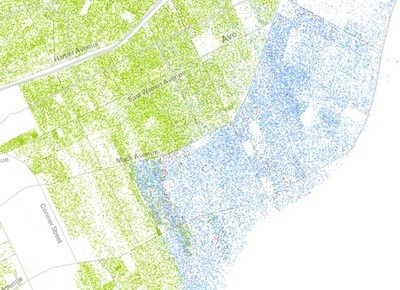
LPE Field Guide: A Brief Reading List
As we promised in our post on Monday, below is a list of recommended readings—mostly, but not entirely, from the blog—that helped orient us to the critical and constructive moves of LPE. Our choices are highly partial and subjective, and there is a vast literature on the Blog and elsewhere that can help to orient…





